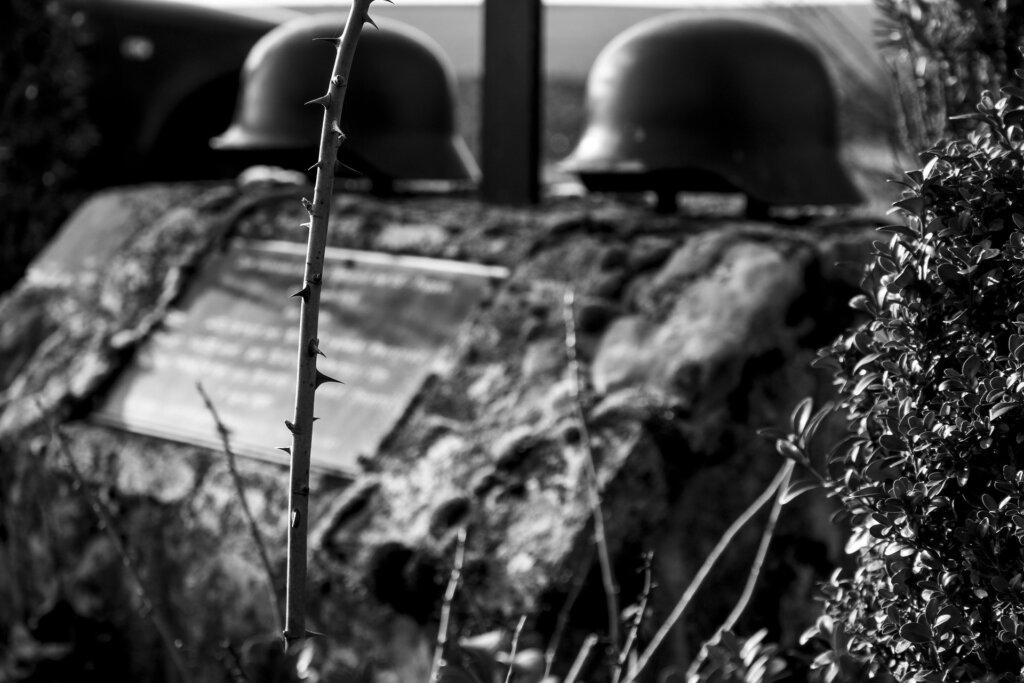
While the fighting in Nagorno-Karabakh that restarted on 27 September 2020 was reaching a critical stage in the weekend of 7-8 November with successful offensive of Azerbaijan’s army to the second biggest town of the region, Shusha; we woke up on November 10, Tuesday morning (Eastern European Time) with the announcement of “a statement on a complete ceasefire and the termination of hostilities”.
The following are my humble notes on framing the case for a broader understanding. I have not extensively worked on Caucasia and this particular conflict, and I am a newcomer to the field so my understanding can have shortcomings, but here is what it seems to me. Let me note that I do personally consider territorial conflicts more meaningless than ever in these current economic, ecological and public health crises in the world; no offense to anyone’s nationhood and/or statehood but no apology either.
Azerbaijan restores control of seven districts surrounding the Nagorno-Karabakh region including the town Shusha that was the most recent military success and Armenia continues its control over most of Nagorno-Karabakh, and a 2,000-strong Russian peacekeeping force is to be established in the region.
Thus, spoke the balance: Azerbaijan regains its Armenian occupied territory mostly outside of Nagorno-Karabakh, Armenia still keeps its control over most of the region, and Russian military presence in Azerbaijani territory is secured, quite in line with long standing Russian efforts to increase its influence in the post-Soviet states. It is even reported by the Russian Defence Ministry that Russian peacekeeping operation is “to resolve the conflict in Nagorno-Karabakh”, clearly mixing peacekeeping with peace-making. All three parties should be satisfied for the moment, shouldn’t they?
Azerbaijan and Russia are, Armenia not apparently. The democratic reformist government in Armenia appears as the biggest loser, as it could be expected, also because of their leader’s -not so easily understandable- timid and resigned announcement of the statement. It truly is hard to understand Armenian nationalist reaction: The democratic reformist government was openly blamed by the opposition even before the statement, and after, it was even stormed. Were Armenian nationalists not satisfied with keeping their control over parts of Nagorno-Karabakh with the Russian military presence that will check on the Azerbaijani army? Were they seriously thinking that they could extend endlessly the 30 years’ occupation of the internationally recognized land of Azerbaijan outside of Nagorno-Karabakh?
A reasonable mind has often difficulties in understanding nationalisms and their maximalist demand; Armenian nationalism is just one among many and the most recent example in this case. It will not last long as such; we are likely to hear similar (frantic) attitudes elsewhere in the planet earth soon.
Azerbaijani offensive was stopped by the Russian mediated ceasefire agreement when it could probably capture Karabakh’s main city, Khankendi/Stepanakert, as even the Armenian leader of Nagorno-Karabakh openly explained. Azeri nationalists could also have protested the Statement rather than the Armenian ones, since their advance in the region has been stopped by Russian move. But they are rather celebrating as they got a significant part of their occupied territory back; and they apparently consider it just an interim stage to be content with until the final victory that each and every nationalist dream and speak about.
Rulers everywhere seem to seek domestic legitimacy -thus prolong their stay in power- through often notorious nationalist mobilisations instead of improving social security and public health, and the mainstream of the societies seem to, or somehow obliged to, accept these arguments.
In any case, it is good that the warfare and suffering is stopped as it is indeed a golden rule of the first aid. Escalation of Armenia-Azerbaijan conflict into a regional war would have been the worst case scenario, as even rather distant Chinese sources noted. They must be concerned on that horrible scenario considering their famous “Belt and Road” initiative, including both Azerbaijan and Armenia. Turkey and Russia have already been quarrelsome in some other parts of the planet, though they have rather ably managed them so far. This particular conflict could also have reinserted itself in Russian-Turkish uneasy relations.
Turkish state has indeed been more eager than ever in its support to Azerbaijan, to the extent Armenia accused it as “the instigator of this large-scale violence”. Turkish foreign policy has controversially searched for success stories in recent years, more than usual, for domestic political consumption of the ruling elite, again more than usual. Armenia has tried to benefit from the significant international reaction to controversial foreign policy moves by Turkey, though the international mainstream has kept on noting that Azerbaijan acted within its internationally recognized legitimate borders.
Turkish observers might also become part of Russian peacekeeping observation mission easily, particularly considering the current Russian-Turkish common patrols in Syria.
Turkish Foreign Minister seemed as gloriously happy as his Azerbaijani colleague, while also underlining Turkish role in the forthcoming “monitoring” the ceasefire mission. There is an ambiguity in the statement announced regarding Turkish role, but it seems that Azerbaijan will have a “transport corridor” to its Nakhichevan exclave -thus, a direct land connection to Turkey- under the guarantee of the Russian forces. Turkish observers might also become part of Russian peacekeeping observation mission easily, particularly considering the current Russian-Turkish common patrols in Syria. Turkish president indeed announced“an agreement establishing a joint center to monitor the ceasefire in Nagorno-Karabakh” with Russia. Whether this “sealed a role in the region for an increasingly assertive Turkey”, as Andrew E. Kramer in The New York Timesexpressed -curiously- similar to pro-government Turkish media, is yet to be seen.
After all, ranging from ruling elites’ domestic and foreign policies to regional and global frames, what are all these to humble humans desperately struggling to survive by their honest labour in this world of exhausting economic, ecological and public health crises? I do not see any positive contribution. However, I see and know that even the smallest amount of oxygen that even the smallest explosion in a fight burns, is contributing to the ecological breakdown and to the truly probable end of humanity. Many people yet to understand that territory without healthy and content life is simply meaningless.
_______________________________________________________________________________________________

Dr. İnan Rüma, İstanbul Bilgi Üniversitesi Uluslararası İlişkiler Bölümü’nde çalışmaktadır.Akademik derecelerini ODTÜ ve Paris-1 Panthéon-Sorbonne Üniversitesi’nde edinmiştir.Bosna-Hersek ve Kosova’daki AGİT misyonlarında çeşitli sürelerle çalışmıştır.Siyasal İktisat, Balkanlar, Rusya, Avrasya ve kaçınılmaz hâle gelen Türk Dış Politikası üzerine çalışmaktadır.Doğayla uyumlu yaşam, emek ve özgürlüğün asal olduğunu düşünmektedir.
To cite this work : Inan Ruma, “Notes on the “Statement on a complete ceasefire and the termination of hostilities in the Nagorno-Karabakh”, Panorama, Online, 12 November 2020, https://www.uikpanorama.com/blog/2020/11/12/notes-on-the-statement-on-a-complete-ceasefire-and-the-termination-of-hostilities-in-the-nagorno-karabakh/
Copyright@UIKPanorama.All on-line and print rights reserved. Opinions expressed in this work belongs to the author(s) alone, and do not imply endorsement by the IRCT, the Editorial Board or the editors of the Panorama.


